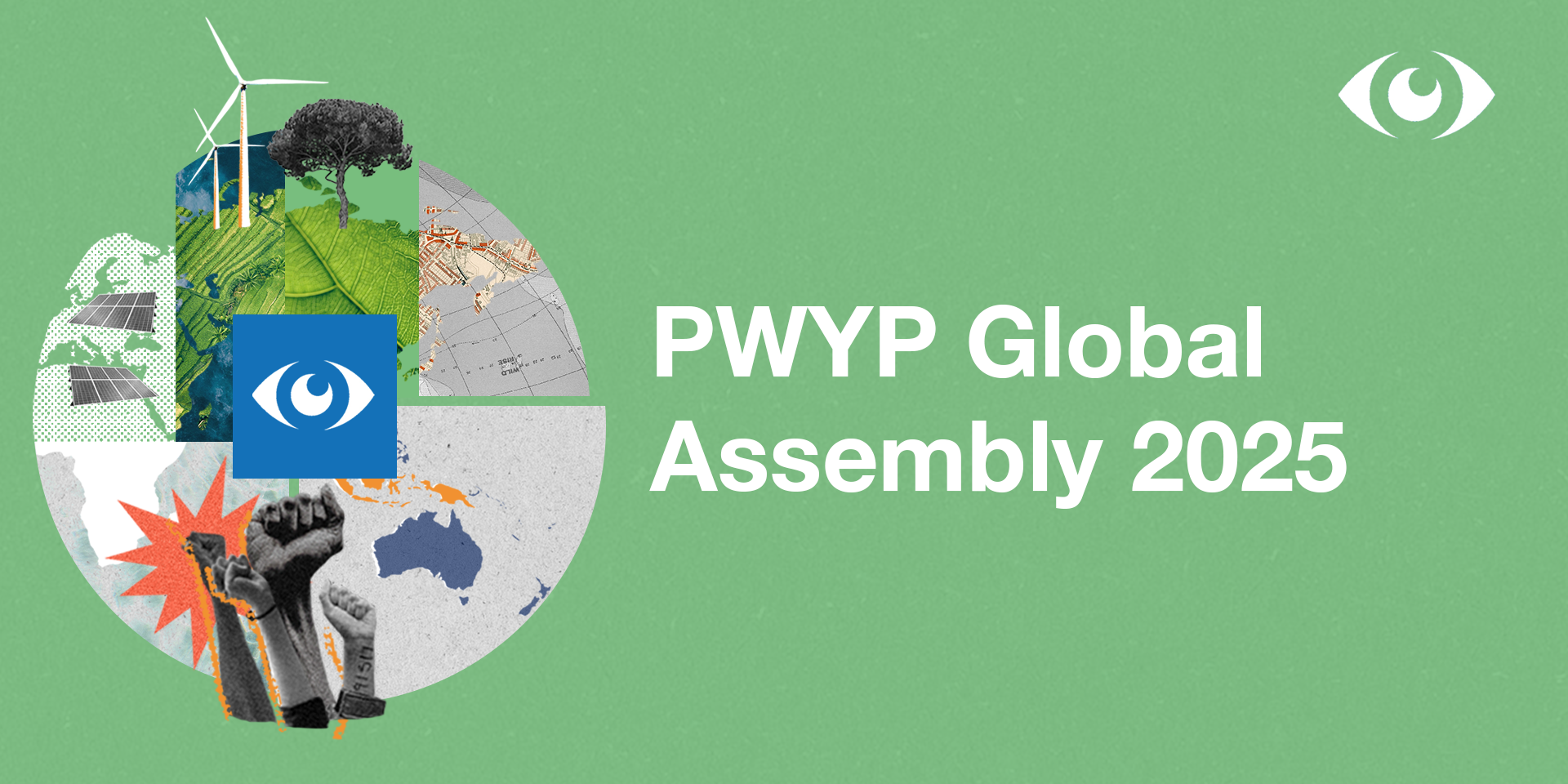In March 2020 the Publish What you Pay International Secretariat commissioned a survey of National Coalition Coordinators that asked about the activities and experiences of their coalitions over the previous 12 months.
The purpose of the survey was to help track the Secretariat’s progress in implementing PWYP’s 2025 Vision strategy and to gather further information on network impact. This first survey of National Coordinators acts as a baseline: the International Secretariat intends to repeat the survey over the 2020-2025 strategy period to measure progress.
The 2020 survey revealed the breadth of achievement of national coalitions – from strengthened mining laws in Malawi to the suspension of damaging hydroelectric plants in Kosovo.
The survey also found that while PWYP national coalitions are promoting the rights of marginalised groups in their advocacy, coalitions’ own governance boards are not yet doing enough to include women.
Seventy-six percent of National Coordinators reported that advocacy by their national coalition included promoting more active participation of women in extractive governance. However, the survey also showed that men outnumber women overall by 2 to 1 on the governance boards of their national coalitions.
The PWYP International Secretariat conducted the survey following a 2019 evaluation that found that it needed to do more to monitor its progress. The review also noted that the Secretariat needed to better understand and articulate the impact of the network as a whole, including capturing national coalitions’ advocacy successes.
In response, in early 2020 PWYP IS set about forming a new Monitoring, Evaluation and Learning (MEL) framework. Part of this involved gathering baseline data on aspects of network functioning that the International Secretariat aims to strengthen such as inclusiveness. The survey of National Coordinators in March 2020 formed part of this baseline data gathering.
Forty-eight National Coordinators1 responded to the survey that asked questions about national coalition activities in the previous 12 months as well as gathering information about the make-up of coalition membership.
Thirty-two National Coordinators reported that their national coalitions had made advocacy advances in the previous 12 months. These varied from advocacy that resulted in stopped or stalled destructive national natural resource projects, development funds distributed to regions and communities, the establishment of community grievance mechanisms and advocacy to secure strengthened laws, codes and regulations. Most of the progress reported centred around strengthened natural resource governance frameworks and progress on EITI implementation.
Identifying these advances enables the PWYP IS to dig deeper into some of the stories of change behind them, so that impacts could be further evidenced, learned from and shared with the network. Stories of change generated in 2020 have already articulated how PWYP Zambia used EITI data to push for further benefits to communities; and how PWYP Mongolia helped communities defend against illegal mining.
The survey also showed considerable interaction within the network, with National Coordinators reporting that their coalitions had gained advocacy ideas from sister coalitions (76%), identified common priorities (67%) or taken joint actions (32%), facilitated by PWYP IS regional coordination and meetings.
Monitoring this connectivity is important given that both PWYP’s 2025 strategy and theory of change are premised on the idea that strengthening network connectivity in turn strengthens network impact.
The survey also revealed network vulnerabilities, including a huge gap in the confidence of national coalitions to deal with threats to civic space. 70% of National Coordinators felt that their coalitions were insufficiently informed about the tools to mitigate threats to human rights violations.
The PWYP International Secretariat developed and started implementing a three-pronged strategic framework on civic space to strengthen the network’s response to civic space threats in May 2020. Future National Coordinator surveys will enable the International Secretariat to monitor changes in national coalitions’ confidence in dealing with threats to civic space, while data from other sources will help establish whether Secretariat interventions contributed to any change.
By capturing this information alongside complementary data that helps to qualify and verify findings, the International Secretariat is better placed to monitor progress over time and adjust its efforts accordingly, while capturing a better picture of network impacts.
As the MEL system takes further shape and embeds, we look forward to a more comprehensive and nuanced picture of impact and progress that will enable the network to celebrate its achievements, learn and adapt, and, best of all, become more effective in achieving its goals.
—
For a more detailed briefing on the data see here. For further data including details of limitations please contact Irene Mwende.
—–
1 From Australia, Azerbaijan, Burkina Faso, Cameroon, Canada, CAR, Chad, Côte d’Ivoire, Democratic Republic of Congo, France, Gabon, Ghana, Guinea, Guinea Bissau, Indonesia, Iraq, Kenya, Kosovo, Kyrgyzstan, Latin American Network on the Extractive Industries, Liberia, Madagascar, Malawi, Mali, Mauritania, Mongolia, Mozambique, Niger, Nigeria, Papua New Guinea, Philippines, Republic of Congo, Senegal, Sierra Leone, South Africa, Tajikistan, Tanzania, Timor-Leste, Togo, Tunisia, Uganda, Ukraine, United Kingdom, United States, Yemen, Zambia and Zimbabwe. There were two responses from Chad.










